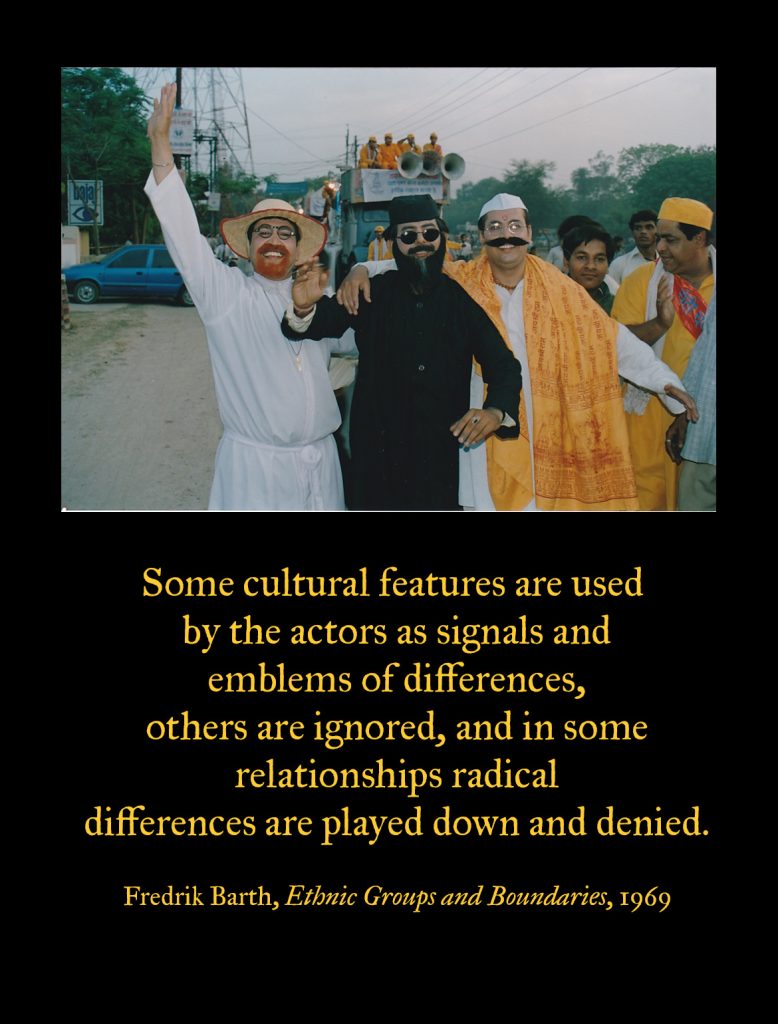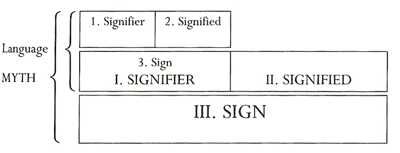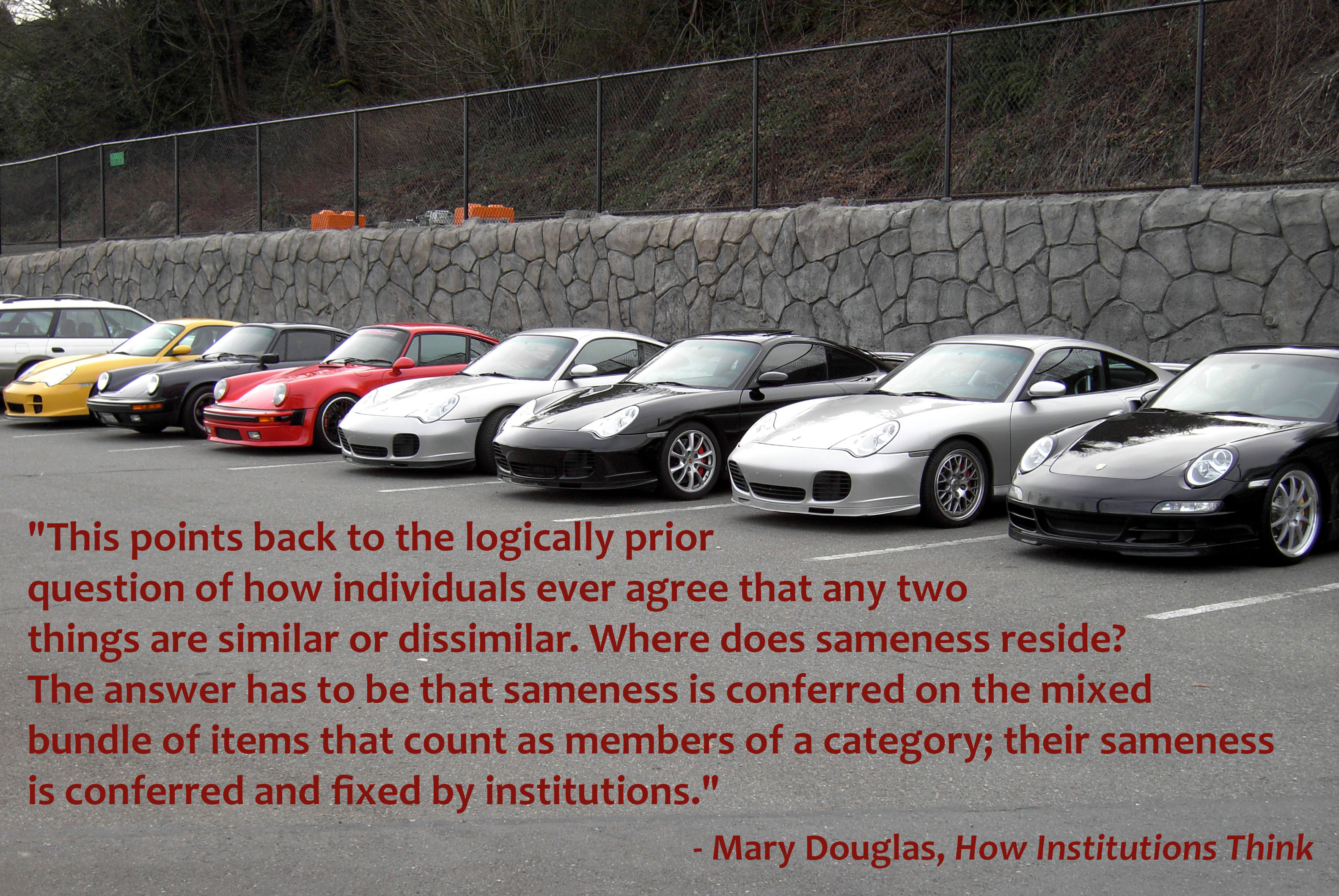
Read more.
Learn more about the above photograph here.

A Peer Reviewed Blog

Have you been following the ongoing debate about whether Britain should stay in the European Union? There’s a referendum coming up (on June 23) and discussions of economic impact, should it leave or stay, are often cited.
But there’s also arguments based on immigration — whether pro or con. Continue reading “We’re All From Someplace Else”

Did you ever see this Prudential ad from a couple years back? It features some fun footage from the Candid Camera TV show, back in 1962.
What’s so interesting about the ad is not the basic lesson in sociology — though it’s pretty good, I admit — but the punchline at the end. For the company is literally banking on the fact that it is indeed human nature to follow others despite the closing’s apparent message to the contrary. For the whole point of advertising is to sway the public’s opinions and actions — whether it’s to get us to take off our hats or give our money to this as opposed to that investment firm.
They’re hoping that, when it comes to investing, you’re no different from those poor guys on the elevator — you know, the ones who no doubt felt like they chose to turn around. Coz if you’re the only one — the truly lone wolf, the rugged individual — who opts to go with Prudential, well…, that doesn’t help them, now does it.
Given his interest in understanding myth as something that carries two messages, one smuggled in by the other and which might even contradict the other, I think Roland Barthes would have appreciated this ad.

 The meaning of words, even entire texts, reflect our expectations of them and our assumptions of their context. This point is apparent in the Argentine soccer ad that uses quotes from Donald Trump to hype the national team’s trip to the United States. If you missed this brilliant appropriation, take a look below.
The meaning of words, even entire texts, reflect our expectations of them and our assumptions of their context. This point is apparent in the Argentine soccer ad that uses quotes from Donald Trump to hype the national team’s trip to the United States. If you missed this brilliant appropriation, take a look below.

I was one of “those” debate kids in high school whose weekends were spent at debate tournaments — and yes, I carried a ridiculous briefcase, spoke too fast, and owned a dress suit. In other words, I was livin’ the life.
So you can perhaps imagine my interest at a recent Radiolab episode that not only featured the story of a debate team, but of a debater who got his start in Kansas City, where I happen to live. This debate team performed a very unlikely act: in the final round of the national tournament, these underdogs reversed the customs of debate, and in so doing redefined what it means to engage not just in debate, but in persuasive discourse about their own and others’ identities. Continue reading “Debating “The System””

I’m headed to California tomorrow for a few weeks and, while there, will be doing a little archival work. As a theorist, my relationship to archives has always been something of an ambivalent one. On one hand, I am a trivia geek and a total sucker for troves of old things. I like thumbing through letters and thinking about changes in penmanship and syntax over the years. I really dig the time capsule aspect of the process that creates enough distance for everything to appear strange and special to me. On the other hand, I am wary of the temptation to identify a clear or linear narrative about (and, in so doing, romanticize) the past. The archival project that I often assign to students in my Religion in the American South seminar, for example, asks them to focus on the rhetoric and contextual politics of the archival sources they examine in UA’s special collections library. In that sense, my students are looking reading historical texts from a perspective akin to what Hayden White outlines in his now-classic Metahistory: The Historical Imagination in Nineteenth-Century Europe (1973), keeping in mind the manifold narrative devices present in the presentation of an artifact. Continue reading “Catching Archive Fever”
There’s a new theory as to where the term “eskimo” originated.
Click the above image to read the brief article, but here’s a snippet: Continue reading “Names and Things”

As tends to happen near the end of every Spring semester, I find myself returning to my favorite commencement speech, offered to Kenyon College’s 2005 graduating class by the late great David Foster Wallace. I refer it to students for whom thoughts of graduation and of what their next professional or academic move(s) will be loom large. I even play it for my classes sometimes.
It’s still useful outside the context of graduation, though, so I thought I’d share it here at Culture on the Edge. Wallace talks about how we make meaning in quotidian contexts and about the utility of some critical self-awareness in the process. Thinking through what we assume to be obvious and what we so often take for granted, he suggests, makes up the hard work of cognitive creativity — the work for which a liberal arts education provides some useful tools.
So let’s talk about the single most pervasive cliché in the commencement speech genre, which is that a liberal arts education is not so much about filling you up with knowledge as it is about ‘teaching you how to think’. If you’re like me as a student, you’ve never liked hearing this, and you tend to feel a bit insulted by the claim that you needed anybody to teach you how to think, since the fact that you even got admitted to a college this good seems like proof that you already know how to think. But I’m going to posit to you that the liberal arts cliché turns out not to be insulting at all, because the really significant education in thinking that we’re supposed to get in a place like this isn’t really about the capacity to think, but rather about the choice of what to think about. If your total freedom of choice regarding what to think about seems too obvious to waste time discussing, I’d ask you to think about fish and water, and to bracket for just a few minutes your skepticism about the value of the totally obvious.
Give it a listen. Among other things, it will help you take a second look at this afternoon’s grocery run.

The Daily Show’s recent sketch about Waris Ahluwalia and the problematic assumptions that those who wear turbans and identify as Sikhs continually face illustrates quite well the challenge of describing various communities. The segment highlights the efforts of some self-identified Sikhs to engage the broader public with information about their community and practices. Continue reading “Who Gets Thrown Under the Bus”